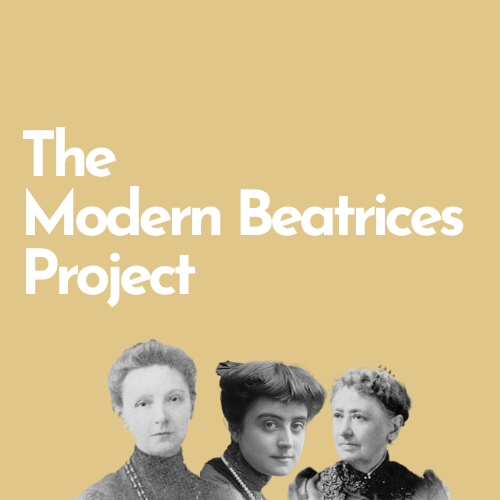The temporal data paints a portrait of a diverse and dedicated group of scholars who, across generations, were drawn to the profound and enduring influence of Dante Alighieri.
Lifespans
Their ages at death, spanning from the young Anne Reeve Aldrich who passed away at a mere 26 to the venerable Julia Vida Dutton Scudder who lived to 93, reflects a diverse range of life experiences brought to bear on their scholarship. The most common age range at death, 60-80 years, suggests that many of these authors found fulfillment in their Dantean pursuits throughout their later years.
A Century of Dantean Scholarship
The publication timeline highlights the enduring fascination with Dante, with works appearing over a century, from 1847 to 1955. The 1890s emerged as a particularly vibrant period for Dantean scholarship, with a significant number of authors contributing to the field during this decade.
The data on age at first Dante publication reveals a remarkable range of experiences. The average age at first publication, 41.8 years, suggests that many authors developed a deep engagement with Dante's work later in their academic or intellectual careers.
While Evelyn Paul, a precocious 15-year-old, embarked on her Dantean journey early, Anna Franchi, with her extraordinary first publication at 88, demonstrates that the pursuit of Dantean knowledge can be a lifelong endeavor.
This dataset reveals a fascinating glimpse into the lives and careers of a group of scholars, likely reflecting a diverse range of academic backgrounds and personal motivations. While many had their work published only once, approximately 40% saw their writings appear in multiple publications, with several authors achieving a prolific level with five publications listed.
Notably, while many enjoyed long lives, often reaching their 70s and 80s, their career paths were diverse, reflected in the considerable variation in their publication ages. Despite this diversity, a significant number of these scholars maintained consistent publication throughout their lives, suggesting enduring engagement with Dantean studies.
